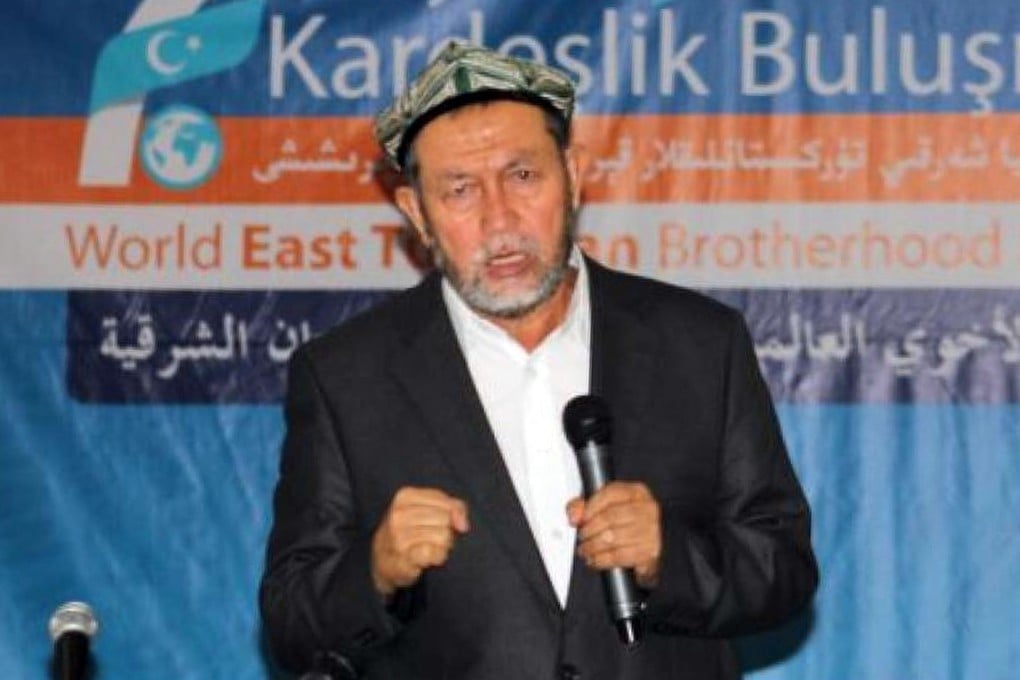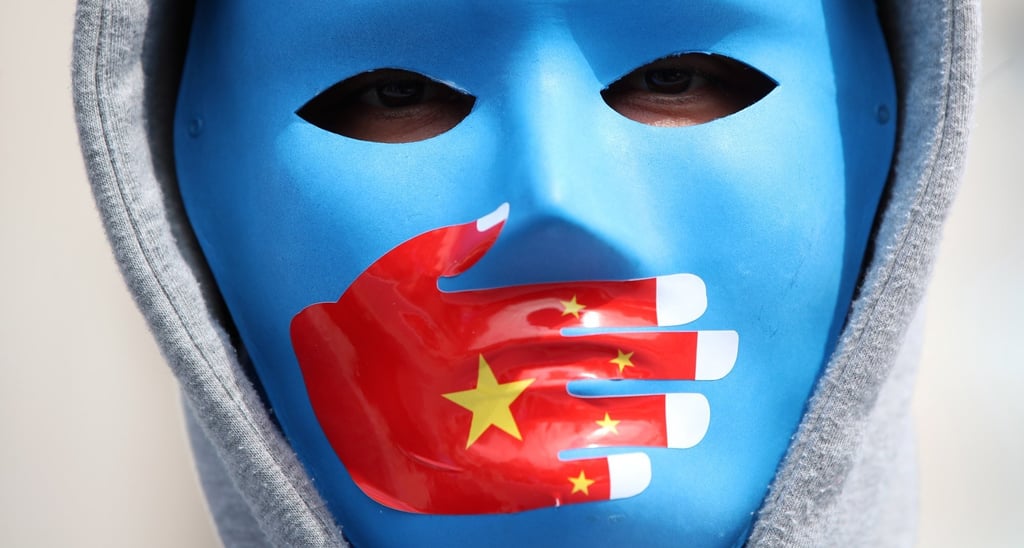Risk of China-Turkey tension as Beijing protests against refusal to extradite Xinjiang accused
- Chinese authorities accuse Abudukadir Yapuquan of planning and carrying out terrorist acts
- A court in Turkey cited a lack of credible evidence and freed the Uygur activist, raising the ire of China

China has expressed its strong objection to Turkey’s refusal to extradite Abudukadir Yapuquan, a prominent Uygur activist who Beijing says is suspected of terrorism in Xinjiang.
At a press briefing on Tuesday, foreign ministry spokesman Zhao Lijian said China called on Turkey to face Abudukadir’s “essence as a terrorist” and reverse its “erroneous decision” to avoid having a serious negative influence on China-Turkey relations.
“ETIM [East Turkestan Islamic Movement] is a terrorist organisation listed by the UN Security Council and is recognised as such by Turkey,” said Zhao, adding that Abudukadir was one of the initiators of ETIM and was accused of plotting terrorist activities on Chinese territory many times. Zhao said the evidence was conclusive.

China was strongly dissatisfied with, and firmly opposed, a Turkish court decision not to extradite Abudukadir, Zhao said.
According to Radio Free Asia, a court in Turkey rejected a request by Beijing to extradite Abudukadir to China to face “terrorism” charges, citing a lack of credible evidence, his lawyer said, adding that Abudukadir had been banned from travelling abroad in a previous trial, and that he was free now the decision had been reversed.
Abudukadir was accused by Chinese authorities of helping establish ETIM and being engaged in planning and carrying out terrorist acts.
He has been imprisoned in China twice. He escaped from China in 1998 and ended up in Turkey, home to an estimated 50,000 Uygurs. He was arrested by Turkish police in 2016 on charges of being a “terrorist” and had since been under detention or house arrest, according to media reports.